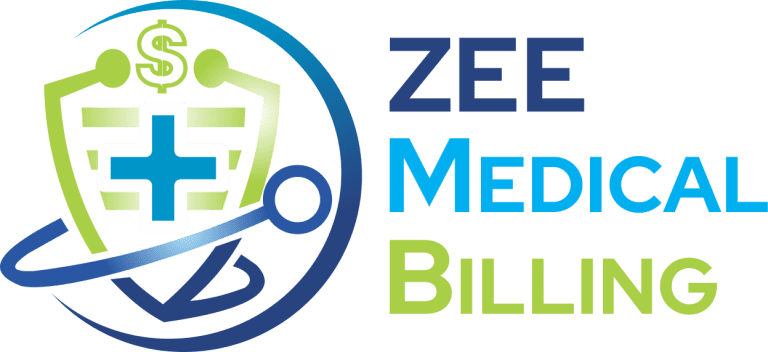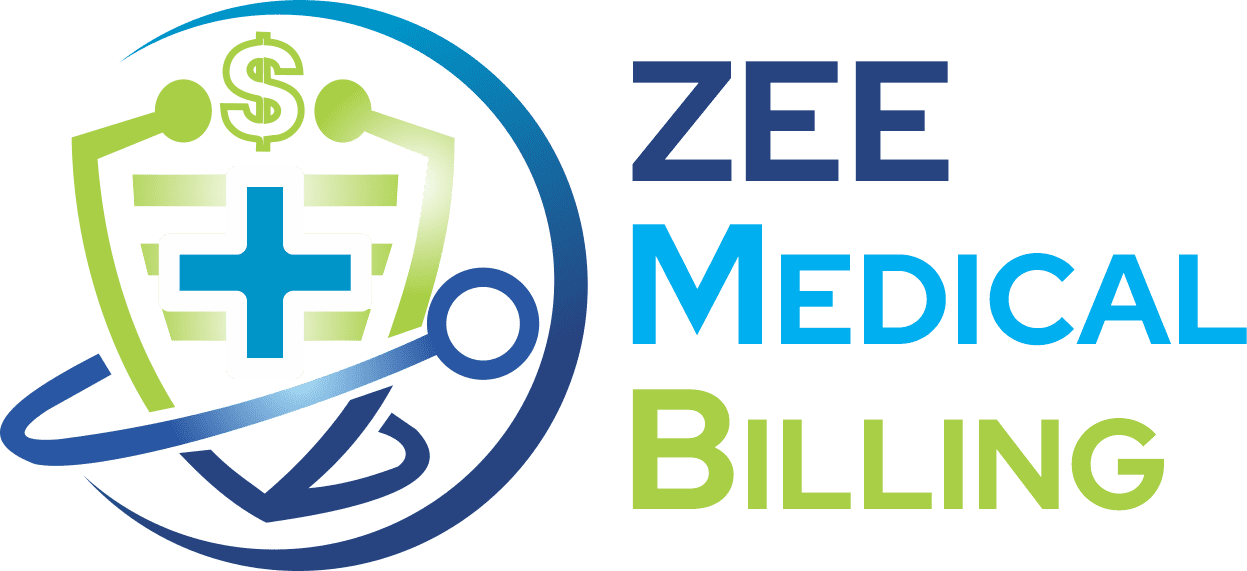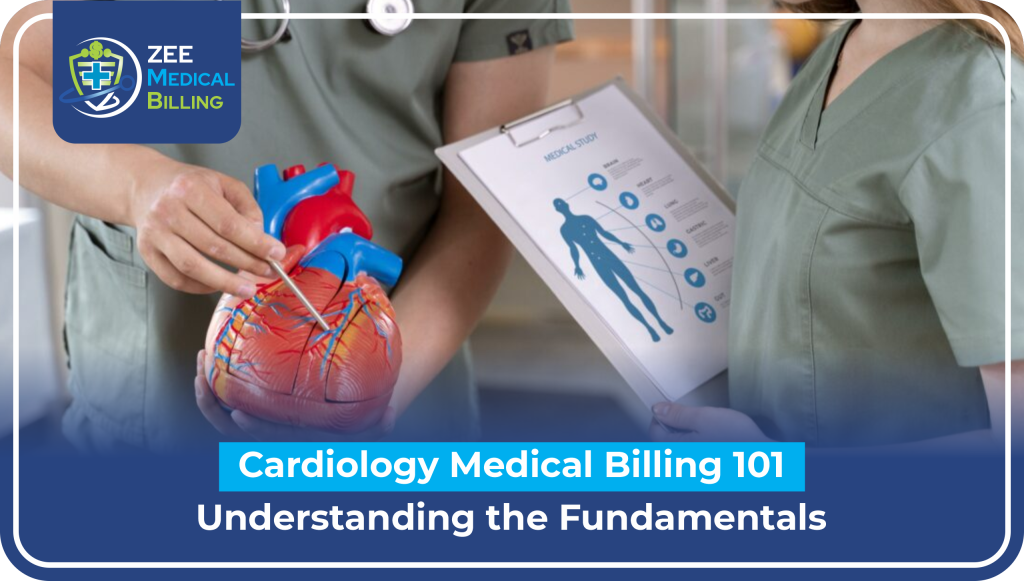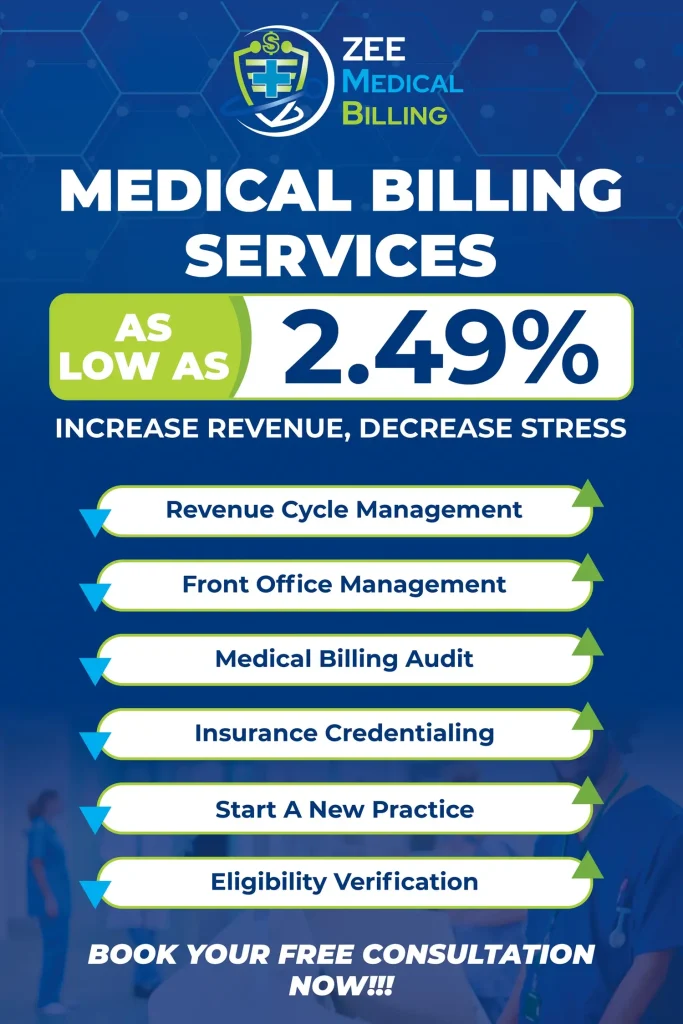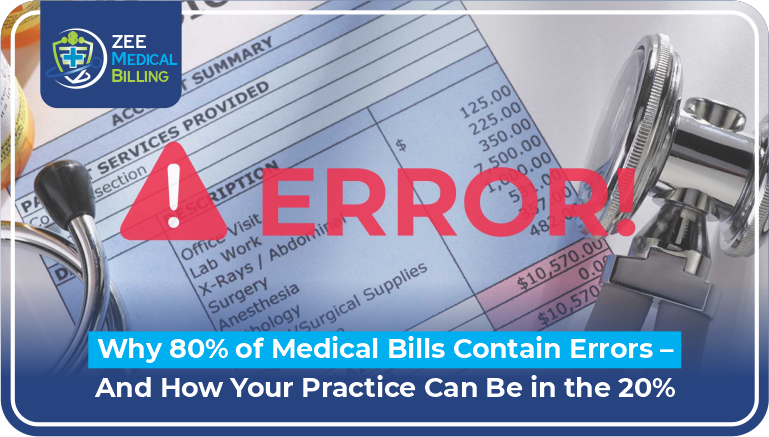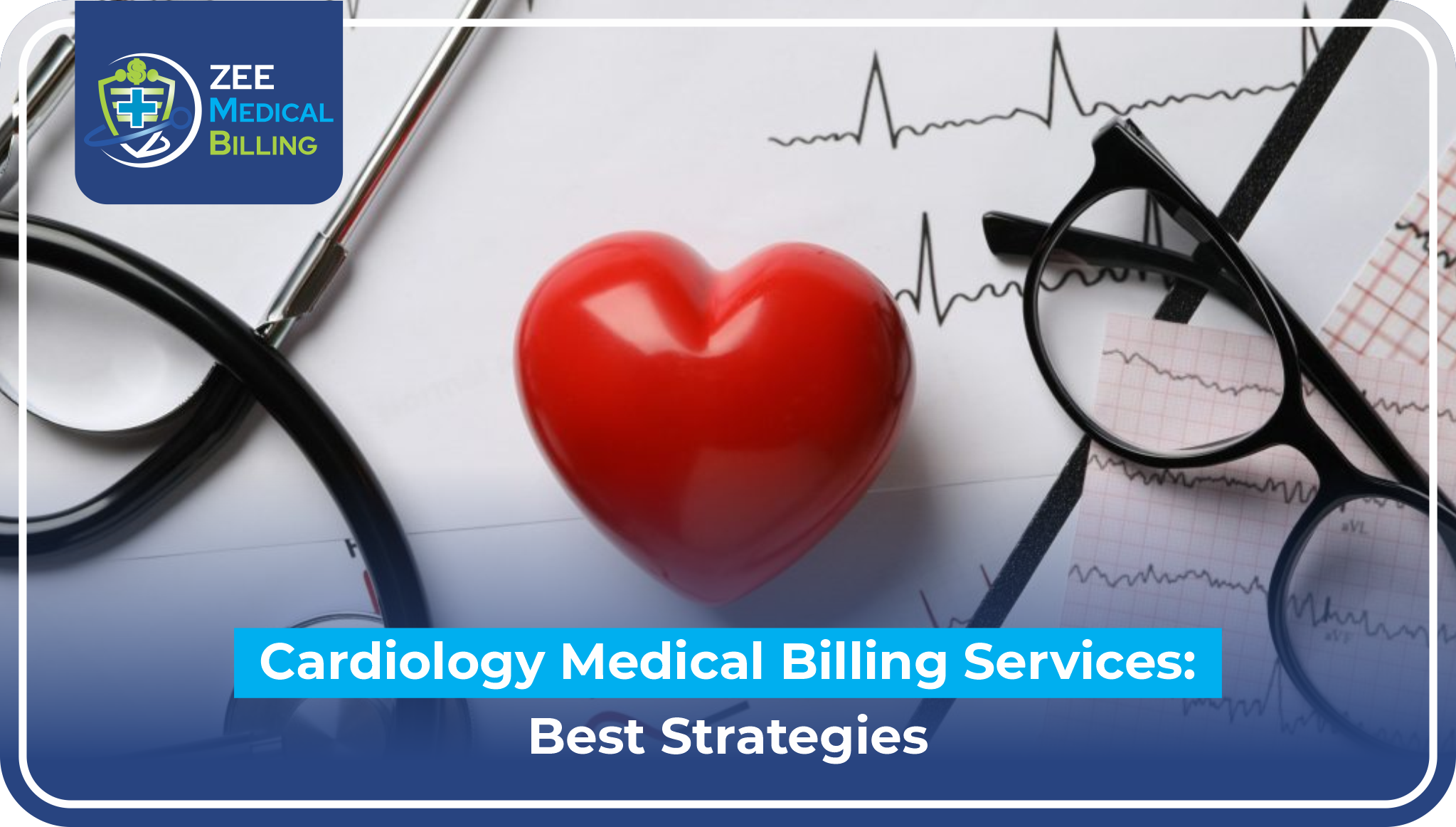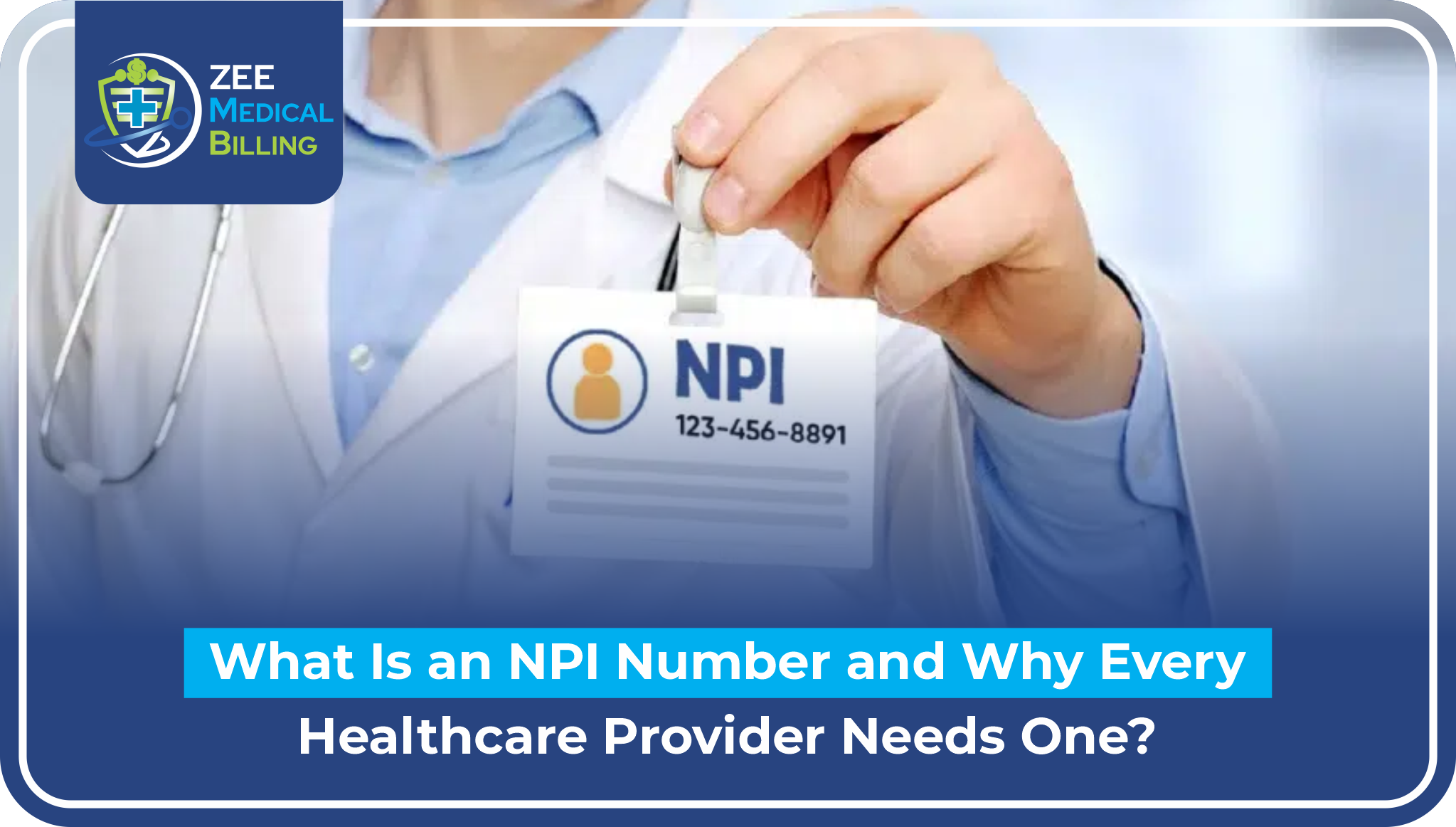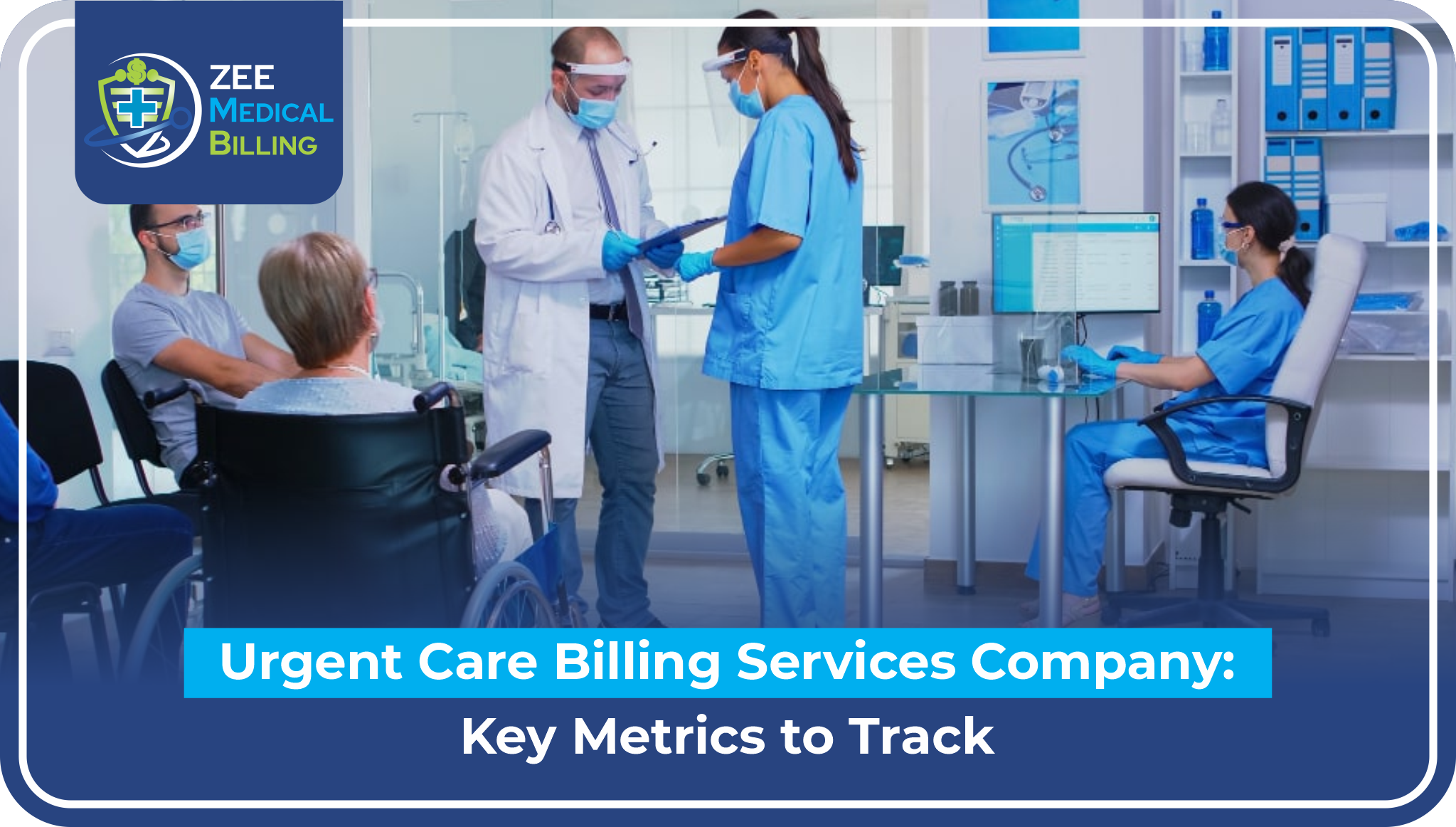Cardiology Medical Billing Services
Cardiology medical billing represents one of the most complex and challenging aspects of healthcare revenue cycle management. The intricate nature of cardiac procedures, combined with constantly evolving healthcare regulations and coding requirements, creates unique challenges for cardiac practices across the United States. Understanding the fundamentals of cardiology medical billing services is essential for healthcare providers seeking to optimize their revenue streams while maintaining compliance with industry standards.

What is Cardiology Medical Billing?
Cardiology medical billing encompasses the comprehensive process of generating, submitting, and managing medical claims for services provided by cardiac specialists and cardiology practices. This specialized billing process involves accurate coding of procedures, diagnoses, and treatments specific to cardiovascular care, ensuring proper reimbursement from insurance companies and patients.
The complexity of cardiology medical billing services stems from the highly specialized nature of cardiac care, which often involves sophisticated diagnostic procedures, interventional techniques, and long-term patient management protocols. Each procedure requires precise documentation and coding to ensure accurate claim submission and optimal reimbursement rates.
Key Components of Cardiology Medical Billing Services
Patient Registration and Insurance Verification
The foundation of effective cardiology medical billing begins with thorough patient registration and insurance verification. This critical first step involves collecting comprehensive patient demographic information, verifying insurance coverage, and confirming benefits and eligibility for cardiac services. Proper verification helps prevent claim denials and ensures smooth billing processes throughout the patient’s treatment journey.
Medical Coding for Cardiology Procedures
Medical coding represents the cornerstone of cardiology medical billing services. Cardiac procedures require specialized knowledge of ICD-10 diagnosis codes, CPT procedure codes, and HCPCS codes specific to cardiovascular medicine. Common cardiology procedures that require precise coding include:
- Echocardiograms and stress tests
- Cardiac catheterization procedures
- Coronary angioplasty and stenting
- Pacemaker and defibrillator implantations
- Electrophysiology studies
- Cardiac rehabilitation services
Accurate coding ensures proper reimbursement and reduces the likelihood of claim denials, which can significantly impact practice revenue.
Claims Submission and Processing
Once procedures are properly coded and documented, cardiology medical billing services manage the submission of claims to appropriate insurance carriers. This process requires understanding of different payer requirements, submission deadlines, and electronic claim formats. Professional billing services utilize advanced software systems to streamline claim submission and track the status of submitted claims.
Revenue Cycle Management
Comprehensive revenue cycle management encompasses the entire financial process from patient scheduling to final payment collection. For cardiology practices, this involves managing complex billing scenarios, including multiple procedure claims, coordination of benefits for patients with multiple insurance plans, and handling high-value claims that often require additional documentation.
Common Challenges in Cardiology Medical Billing
Coding Complexity and Updates
Cardiology medical billing services must navigate frequent updates to coding guidelines and regulations. The cardiovascular field continues to evolve with new procedures and technologies, requiring constant education and adaptation to ensure accurate coding practices. Staying current with these changes is essential for maintaining compliance and optimizing reimbursement.
Prior Authorization Requirements
Many cardiac procedures require prior authorization from insurance carriers, adding complexity to the billing process. Cardiology medical billing services must manage these authorization requirements effectively, ensuring all necessary approvals are obtained before procedures are performed to avoid claim denials.
Documentation Requirements
Cardiac procedures often require extensive documentation to support medical necessity and justify reimbursement levels. This includes detailed procedure notes, diagnostic reports, and patient history documentation. Inadequate documentation can result in claim denials or reduced reimbursement amounts.
Denial Management
Claim denials are particularly challenging in cardiology due to the high-value nature of many procedures and the complex coding requirements. Effective cardiology medical billing services implement robust denial management processes to identify, appeal, and resolve denied claims promptly.
Benefits of Professional Cardiology Medical Billing Services

Enhanced Revenue Optimization
Professional cardiology medical billing services can significantly improve practice revenue through accurate coding, timely claim submission, and effective denial management. Specialized billing companies like Zee Medical Billing report revenue increases of up to 30% for cardiology practices through optimized billing processes.
Improved Compliance
Healthcare regulations continue to evolve, making compliance increasingly challenging for individual practices. Professional billing services maintain current knowledge of regulatory requirements, helping practices avoid costly compliance violations and penalties.
Reduced Administrative Burden
Outsourcing cardiology medical billing services allows healthcare providers to focus on patient care while experienced professionals handle the complexities of revenue cycle management. This reduction in administrative burden can improve practice efficiency and provider satisfaction.
Advanced Technology and Reporting
Professional billing services utilize sophisticated software systems and provide detailed reporting on practice financial performance. These insights enable practices to make informed decisions about operations, staffing, and growth strategies.
Essential Features of Quality Cardiology Medical Billing Services
Specialized Expertise
Quality cardiology medical billing services should demonstrate specialized knowledge of cardiovascular procedures, coding requirements, and reimbursement patterns. This expertise is essential for navigating the unique challenges of cardiac billing.
Technology Integration
Modern billing services should offer seamless integration with practice management systems and electronic health records. This integration streamlines workflow and reduces data entry errors that can lead to claim denials.
Transparent Communication
Effective communication between billing services and practices is crucial for success. Quality providers offer regular reporting, responsive customer service, and clear communication about billing issues and opportunities.
Compliance Assurance
Professional billing services should maintain current knowledge of HIPAA requirements, Medicare regulations, and other compliance standards affecting cardiology practices.
Selecting the Right Cardiology Medical Billing Partner
Experience and Specialization
When choosing cardiology medical billing services, practices should prioritize providers with demonstrated experience in cardiovascular billing. Specialized knowledge of cardiac procedures and reimbursement patterns is essential for optimal results.
Technology Capabilities
Evaluate potential billing partners based on their technology infrastructure, including software systems, security measures, and reporting capabilities. Advanced technology can significantly improve billing efficiency and accuracy.
Performance Metrics
Quality billing services should provide clear performance metrics, including clean claim rates, days in accounts receivable, and denial rates. These metrics help practices evaluate the effectiveness of billing services.
Client References and Testimonials
Request references from current cardiology clients to gain insights into service quality, communication practices, and overall satisfaction with billing services.
Future Trends in Cardiology Medical Billing
Artificial Intelligence and Automation
The integration of artificial intelligence and automation technologies is transforming cardiology medical billing services. These technologies can improve coding accuracy, identify potential billing issues, and streamline administrative processes.
Value-Based Care Models
The healthcare industry’s shift toward value-based care models is impacting cardiology billing practices. Billing services must adapt to new reimbursement structures that emphasize patient outcomes and care quality.
Enhanced Data Analytics
Advanced data analytics capabilities are becoming increasingly important for cardiology practices. Billing services that provide comprehensive analytics can help practices identify trends, optimize operations, and improve financial performance.
Conclusion
Cardiology medical billing services play a crucial role in the financial success of cardiovascular practices. The complexity of cardiac procedures, combined with evolving healthcare regulations, makes professional billing services an essential investment for most practices. By partnering with experienced providers like Zee Medical Billing, cardiology practices can optimize their revenue cycles, ensure compliance, and focus on delivering exceptional patient care.
Zee Medical Billing offers the perfect combination of specialized expertise, advanced technology, and cost-effective solutions that cardiology practices need to thrive in today’s competitive healthcare environment. With their proven track record of increasing practice revenues by up to 30% and maintaining 100% client satisfaction, they represent the gold standard in cardiology medical billing services.
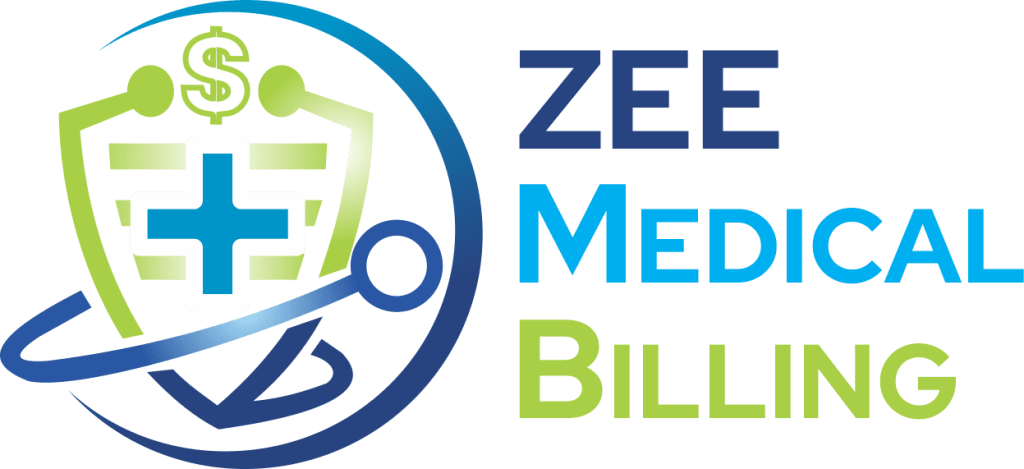
The key to success lies in selecting billing partners with specialized cardiology expertise, advanced technology capabilities, and a proven track record of performance. As the healthcare landscape continues to evolve, practices that invest in quality cardiology medical billing services will be better positioned to thrive in an increasingly competitive environment.
Understanding these fundamentals provides the foundation for making informed decisions about billing services and optimizing the financial performance of cardiology practices. Whether considering outsourcing billing functions or improving internal processes, the principles outlined in this guide serve as a roadmap for success in cardiology medical billing.
Frequently Asked Questions (FAQs)
1. What makes cardiology medical billing more complex than other specialties?
Cardiology billing involves highly specialized procedures, frequent coding updates, complex prior authorizations, and extensive documentation requirements. The high-value nature of cardiac procedures means even small errors can result in significant revenue loss.
2. How can Zee Medical Billing improve my practice’s revenue?
Zee Medical Billing increases practice revenue by up to 30% through accurate coding, 99% clean claim submission, proactive denial management, and comprehensive revenue cycle optimization, allowing you to focus on patient care.
3. What cardiology procedures does Zee Medical Billing handle?
We handle all cardiac procedures including diagnostic tests (echocardiograms, stress tests), interventional procedures (catheterization, angioplasty), device implantations (pacemakers, defibrillators), and cardiac rehabilitation services.
4. How does Zee Medical Billing ensure HIPAA compliance?
We maintain 100% HIPAA compliance through encrypted data transmission, secure servers, regular audits, staff training, and strict access controls to protect all patient information.
5. How quickly will I see results with Zee Medical Billing?
Most practices see improvements within 30-60 days, including reduced denials and better cash flow. Full revenue optimization benefits are typically realized within 90-120 days of partnership.
Follow Us
Stay updated with the latest behavioral health billing insights, industry trends, and regulatory changes by following Zee Medical Billing on our social media channels:
- Instagram: @zee_medical_billing
- Facebook: ZeeMedicalBilling
- YouTube: Zee Medical Billing Channel
- Twitter/X: @BillingZee
- LinkedIn: Zee Medical Billing Company
